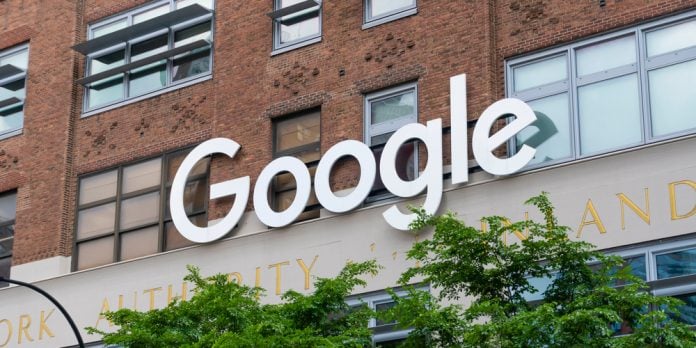Google has revised its ‘US Gambling and Games’ advertising policy to allow for certified and state-licensed entities to promote sportsbook adverts within the state of New York.
The tech giant issued its update on January 7 ahead of the Empire State’s sportsbook market launch on January 8, sanctioned by the New York State Gambling Commission.
“From January 2022, the Google Ads Gambling and Games policy United States country specifics will be updated,” Google cited – “We will begin to accept and run ads for sports betting from certified, state-licensed entities in New York from January 8”
Sportsbook ads on Google platforms will only be available for ‘certified partners’ verified by Google to promote sportsbooks licensed within the state of New York.
Google confirmed that it had opened its application and certification process for advertisers seeking to publish online gambling content adhering to New York State Gambling Commission laws.
Closing its statement, Google confirmed that it would update its US Gambling and Games page, ‘when the policy goes into effect’.
On Saturday, licensed operators Caesars, DraftKings, FanDuel, and BetRivers (Rush Interactive) launched their mobile sportsbook services within New York, approved by the state gambling commission.
Despite securing New York licenses, the mobile sportsbooks of Ballys, BetMGM, PointsBet, Resorts World, and WynnBet are yet to be certified for launch, which will be followed up on a rolling basis.
As stands, Google is the only tech giant to have published specific terms for New York sportsbook advertising.
Twitter allows US sportsbook advertising on its platform, on the requirement that advertisers are domiciled in the US, and online gambling ads must include disclaimers.
Meanwhile, Facebook maintains its global policy on gambling content, which requires its direct ‘written permission’ for advertisers to promote any form of real money games/gambling advertising across its tech platforms.














